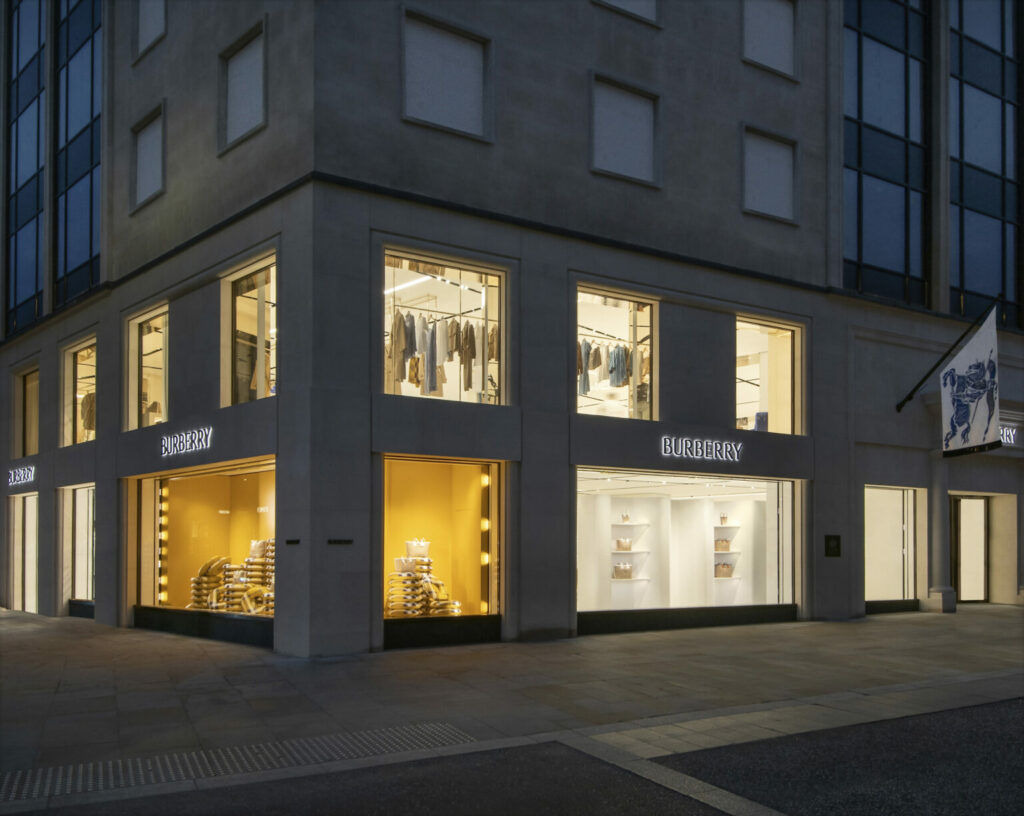As part of the turn towards sustainable shopping, UK consumers are increasingly buying and selling pre-worn clothes. Fashion retailers entering this trending business area can treat the source of the second-hand clothes, the “consumer-seller”, as a kind of business partner, with mutual benefits in buying and selling. The retailer fashioning the best relationship with such hybrid partners can deepen the tie with more customers, thereby raising engagement and market share.
Recent research from the Fashion Retail Academy reveals that shoppers in the UK are just as inclined to buy second-hand clothes rather than buying new, with over two thirds of the UK choosing to shop at charity shops or second-hand clothes apps online. 66 per cent of shoppers now purchase preworn clothes.
READ MORE:
- Sustainable Brits are killing off fast fashion
- Fast fashion interest divebombs 46% amid “focus on sustainability”
Rather than leaving this new market area to charity shops or apps, there are a number of advantages for a fashion retailer to exploit its existing market position to develop the sale of pre-worn clothes, as Zalando and John Lewis have done.
First, the greater breadth and depth of the entire product range on the retailer’s shop makes it the go-to site for shoppers to see what is available. Second, price-sensitive shoppers will be drawn to the site for the first time. Third, consumers who sell via a retailer will be more loyal. Fourth, fashion consumers running down their wardrobe will build it up at some point, and what better place to shop than where they sell their own clothes? Fifth, the sellers of pre-worn clothes can be newly treated as a valued business partner, representing the chance to build a new and different kind of relation. This deepens the overall tie and by virtue of its singularity can attract customers away from rivals.
To make the most out of such novel advantages, online fashion retailers should approach these hybrid customers in an equally novel manner. Ideas can be drawn from Amazon, whose long term growth can to a good deal be attributed to its relationship with business partners. Amazon structures the relations to different kinds of business partners – to which product reviewers should be counted – in five dimensions to mutual benefit. Better performing business partners enable better results for Amazon. A selection of Amazon policies stimulates ideas for fashion retailers seeking to win the race to capture the new customer-suppliers.
READ MORE:
- Zalando revenue tops £5bn as it prepares second-hand launch
- John Lewis launches second-hand style initiative for kidswear
Amazon offers third-party sellers, product reviewers and book authors a status via a page to describe themselves and a position in a listing according to sales volume or customer ranking. An online fashion retailer can offer its consumer-sellers a self-description page which they can be proud of while being incentivised to climb a ladder based on volumes, customer rankings or hit rate in selling their clothes.
Market knowledge is offered by Amazon to advertisers to create appropriate ads as well as to product reviewers to write suitable reviews. The shared knowledge takes the form of operational specifications, tips and policies which function as guidelines. A fashion retailer can offer tips to their hybrid suppliers regarding current trends in shopper preferences, the kinds of clothes which are most suitable for second-hand sales and how best to photograph the clothes.
“Consumers who sell via a retailer will be more loyal”
Companies have the option to sell online in the name of Amazon or on their own account. In both cases Amazon offers tools to analyse the traffic for their items, supporting them to fine-tune their selling activities. For the same purpose Amazon runs a blog for advertisers in which specific queries are addressed. A fashion retailer can give its fashion-consumers-turned-partners the choice to set their own prices or leave it to the retailer, while offering three forms of support: first, analytical tools for the web presence, second, a hotline for questions, and third a blog which addresses the most common issues popping up on the hotline.
Amazon helps in the business development of business partners to move into new business areas or acquire new capabilities. Sellers of pre-worn clothes can be helped to “develop their business” with training videos, such as those on the timing for seasonal clothing or how their approach to shopping for clothes today can take account of the options to sell in the future.
Product reviewers on Amazon gain a sense of community by means of a forum to share ideas and the chance to help other shoppers to better purchases. A fashion retailer can establish forums on selected topics – such as success stories, the mindset for sorting out clothes to sell, and pricing – to create a community feeling. It can support these fledgling entrepreneurs to organise their own events to celebrate their unfamiliar but entirely deserved newfound role.
The advent of second-hand clothing triggers new opportunities for online fashion retailers. In this new constellation just opening up, they can develop a novel kind of relationship with these hybrid consumer-sellers to mutual benefit, improving their sources of both supply and demand. The relations to existing customers are strengthened and new customers can be attracted.
Benjamin Wall is the author of Amazon: Managing Extraordinary Success in 5-D Value which can be purchased here.
Click here to sign up to Retail Gazette’s free daily email newsletter

















